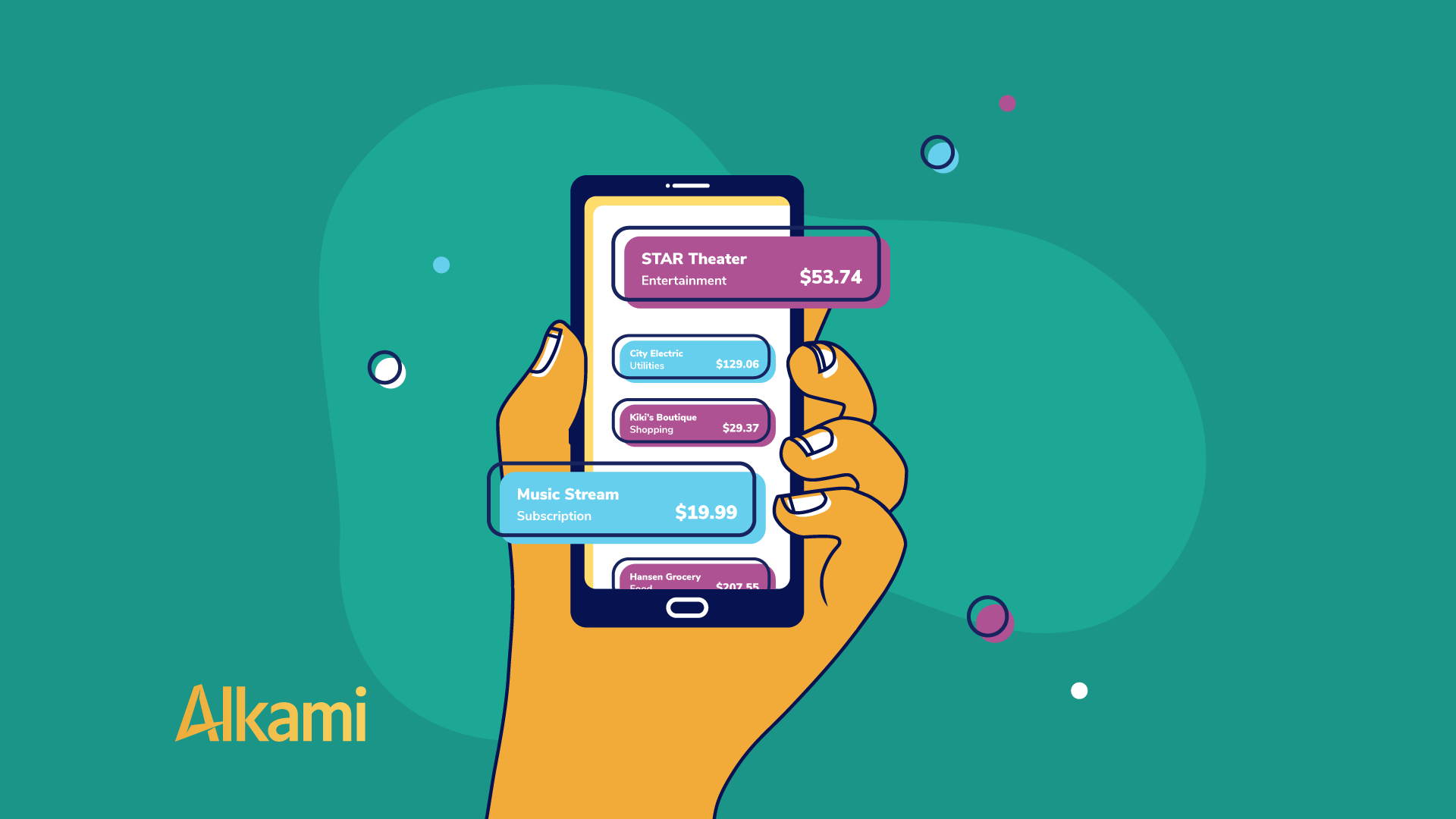Many financial institutions are starting to see the value of transaction data cleansing as a key part of their data strategy. This process takes raw transaction data and cleans it up to provide clear business names and appropriate business categories. By doing this, banks and credit unions can gain valuable insights from data analytics in banking to understand account holders’ spending behavior and grow their base of account holders. And the time is now to proactively capture funds to support financial institutions’ growth.
According to Alkami’s 2024 Telemetry Data Report, The High Interest Rate Environment and Its Impact on Consumers and Financial Institutions, competition for certificates of deposit (CDs) is fierce, with nearly 90% of CD balances scheduled to expire at the end of 2024. Data-informed digital bankers can leverage their cleansed transaction data and resulting insights across the digital banking channel as a digital sales and service platform.
What account holders spend money on every day highlights what’s important to them. That’s why insights built from transaction data are key to executing personalized engagements that drive revenue.
In addition, transaction data cleansing helps financial institutions in several ways:
Choosing the right partner for data analytics in banking
If you’re considering investing in a solution for data analytics in banking, here are the four most important factors to keep in mind:
The match rate shows the percentage of transactions that are correctly cleaned and categorized. A high match rate means more transactions are processed accurately, but it’s important to ask:
Data set size: How large was the data set used to calculate the match rate?
It’s crucial to look beyond marketing claims and ensure the vendor can deliver a high match rate on your specific data.
Speed is the next critical factor. You need a solution that can quickly deliver accurate results after learning from your data. Look for vendors with strong knowledge bases and artificial intelligence in banking capabilities that can handle large volumes of transactions efficiently.
A good vendor should provide detailed categorization beyond basic labels like “restaurant” or “shopping.” They should differentiate between various types of businesses and transactions, such as distinguishing between a high-end steakhouse and a family diner, or recognizing recurring subscription payments.
A thorough taxonomy allows you to gain deeper insights and make better strategic decisions.
Protecting account holder data is paramount. Ensure that the vendor’s process does not require or expose any personal identifiable information (PII). The best solutions use anonymized data to maintain privacy and security.
Transaction data cleansing is essential for any financial institution aiming to improve its data strategy and gain better account holder insights. By carefully evaluating vendors based on match rate, speed, categorization, and privacy, financial institutions can find a reliable partner to help them organize transaction data and make informed decisions with data analytics in banking.
Alkami’s Transaction Data Cleansing service transforms complex transaction descriptions into simple merchant names, categories, and logos. Our library science methodology blends human and machine capabilities for the fastest and most accurate data enhancement available.
Transaction data cleansing enhances the user experience by organizing and clarifying transaction data. When transaction statements are clear and detailed, account holders find it easier to understand their spending habits, which reduces confusion and the likelihood of disputes. This clarity translates to more trustworthy digital banking solutions. Additionally, the improved organization helps banks and credit unions provide more personalized insights and recommendations, making the online banking experience not only easier but also more valuable for account holders.
Implementing transaction data cleansing can present several challenges. One major issue is dealing with vague or incomplete transaction descriptions, which can be difficult to accurately clean and categorize. Integrating a new cleansing system with a financial institution’s existing data infrastructure can also be complex and may require significant IT resources and time. Another potential limitation is the initial cost and time investment needed to train the cleansing system on the financial institution’s specific data set. However, these challenges can be mitigated by choosing a reliable vendor with a comprehensive knowledge base and thorough support services.
Vendors can vary significantly in their performance on match rate, speed, and categorization. A high match rate is desirable, but it’s important to verify that this rate is achieved with a comprehensive and representative data set. Speed is crucial for timely data processing, so vendors that leverage advanced AI and have extensive transaction knowledge bases are often more efficient. In terms of categorization, the best vendors offer detailed and nuanced taxonomies that go beyond basic labels, allowing for more precise and useful account holder insights.
